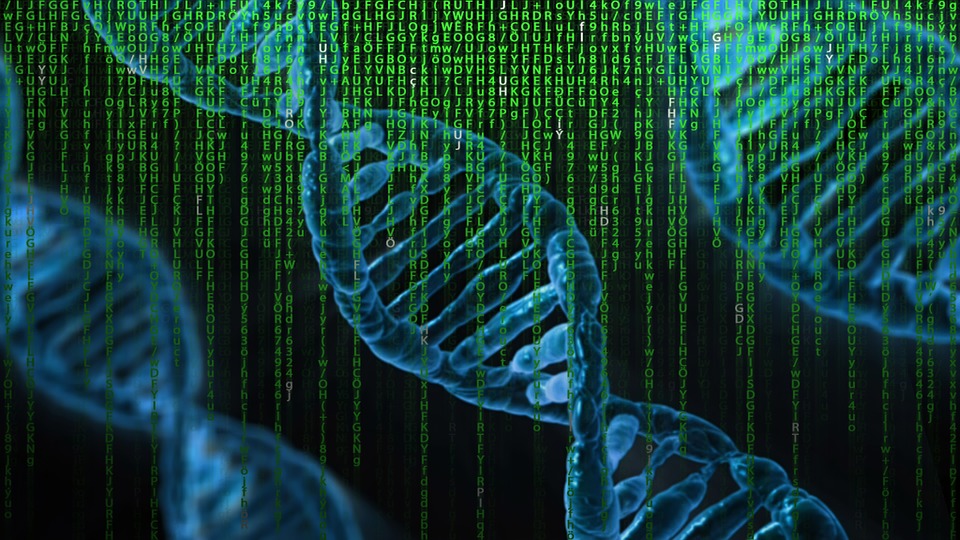Why Human Germline Editing Might Never Be Legal in the U.S.
By Jennifer M. Gumer,
The Hastings Center
| 08. 09. 2019
What would it take for the first case of germline editing to proceed under applicable U.S. law and ethical standards?
A Russian scientist recently announced his intention to use the gene-editing tool CRISPR to edit and implant human embryos—a revelation that met with international outcry similar to the condemnation of the Chinese scientist He Jiankui last year when he announced that he had created the first gene-edited babies. Jiankui’s actions — deemed unethical for several reasons – led to a call for a moratorium on editing human germline cells (sperm, eggs, or embryos) to produce genetically modified babies.
Even the signatories of the moratorium, however, suggest that CRISPR might one day be safe enough for ethical, clinical use on the germline. What would it take for the first case of germline editing to proceed under applicable U.S. law and ethical standards?
Germline editing would be regulated as a gene therapy by the Food and Drug Administration. To comply with the relevant regulations, germline editing must undergo clinical testing to demonstrate safety and efficacy and win FDA approval before coming to market. Currently, federal law prevents the FDA from reviewing or approving any application involving manipulated human embryos. However, if...
Related Articles
By Scott Solomon, The MIT Press Reader | 02.12.2026
Chris Mason is a man in a hurry.
“Sometimes walking from the subway to the lab takes too long, so I’ll start running,” he told me over breakfast at a bistro near his home in Brooklyn on a crisp...
By Diaa Hadid and Shweta Desai, NPR | 01.29.2026
MUMBRA, India — The afternoon sun shines on the woman in a commuter-town café, highlighting her almond-shaped eyes and pale skin, a look often sought after by couples who need an egg to have a baby.
"I have good eggs,"...
By George Janes, BioNews | 01.12.2026
A heart attack patient has become the first person to be treated in a clinical trial of an experimental gene therapy, which aims to strengthen blood vessels after coronary bypass surgery.
Coronary artery bypass surgery is performed to treat...
By Staff, ScienceDaily | 01.05.2026
Scientists at UNSW Sydney have developed a new form of CRISPR technology that could make gene therapy safer while also resolving a decades-long debate about how genes are switched off. The research shows that small chemical markers attached to DNA
...




